Description
Ender’s Game
Andrew “Ender” Wiggin believes he participating in advanced computer simulations of warfare, yet he is unwittingly embroiled in a far more critical and life-altering scenario. As a product of genetic engineering, Ender is potentially the strategic mastermind that humanity requires to combat an alien species intent on annihilating all human existence.
To ascertain his true capabilities, the military subjects him to increasingly rigorous training, aiming to either uncover the brilliance within him or break him completely. At the tender age of six, Ender’s journey into this harsh reality begins, forcing him to mature at an alarming rate.
However, Ender is not the sole outcome of this ambitious experiment. The conflict with the Buggers has persisted for a century, and the search for the ultimate military leader has been ongoing for nearly as long. Ender’s older siblings, Peter and Valentine, are equally extraordinary, albeit in contrasting manners.
Peter’s violent tendencies render him unsuitable for military service, while Valentine possesses an almost complete aversion to aggression. Despite their differences, both siblings harbor a deep-seated envy towards Ender, coupled with an insatiable thirst for power.
Peter aims to manipulate the political landscape to ascend to a position of authority, Valentine channels her talents into subtly influencing the thoughts and beliefs of both the masses and the elite through her compelling writings. Operating under the veil of anonymity within the digital realm, the two siblings collaborate to steer the future of Earth—and Earth that faces certain doom if their brother Ender does not succeed.
Orson Scott Card
Orson Scott Card stands out as a prominent American author, particularly celebrated for his contributions to science fiction. As of 2023, he holds the unique distinction of being the only individual to have received both the Hugo and Nebula
Awards in consecutive years, a remarkable achievement that he earned for his groundbreaking novel “Ender’s Game” in 1985, followed by its sequel, “Speaker for the Dead,” in 1986. “Ender’s Game,” which explores themes of leadership, empathy, and the moral complexities of war through the eyes of a gifted child, has become a cornerstone of modern science fiction literature.
The cinematic adaptation of “Ender’s Game,” which Card co-produced, hit theaters in 2013, further solidifying his impact on the genre and introducing his work to a new generation of fans. Additionally, he is the creative mind behind “The Tales of Alvin Maker,” a series that garnered the Locus Fantasy Award and spanned from 1987 to 2003, blending elements of fantasy with American folklore and history, showcasing his versatility as a writer.
Card’s storytelling often revolves around characters endowed with extraordinary abilities who face profound moral dilemmas and high-stakes decisions. His protagonists frequently grapple with the consequences of their actions, forcing readers to confront complex ethical questions.
Beyond fiction, he has ventured into political, religious, and social commentary through his columns, where he articulates his views on various contemporary issues. However, his outspoken views on homosexuality have sparked significant public backlash, leading to heated debates about the intersection of art, personal beliefs, and societal values.
His background is equally intriguing; as a great-great-grandson of Brigham Young, Card was born in Richland, Washington, and spent his formative years in Utah and California, environments that have influenced his writing.
During his time at Brigham Young University, he showcased his talent for playwriting, winning accolades for his dramatic works. His experiences as a missionary in Brazil and as a community theater director enriched his creative journey, providing him with a wealth of cultural and narrative insights that he would later weave into his stories.
With a prolific writing career that began in 1979, Card has published over 50 novels and 45 short stories across various genres, including science fiction, fantasy, non-fiction, and historical fiction. His ability to traverse different literary landscapes has established him as a versatile and influential figure in contemporary literature. He earned a master’s degree in English from the University of Utah in 1981,



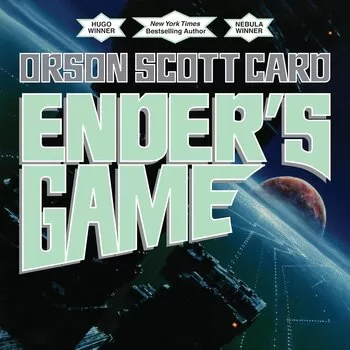

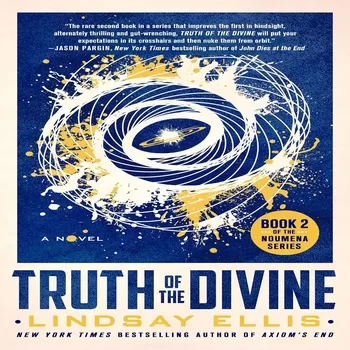
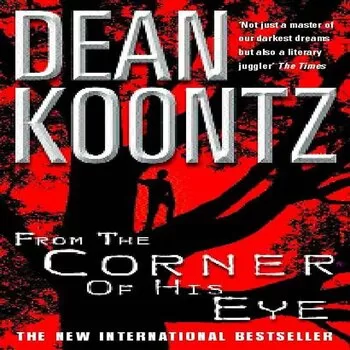



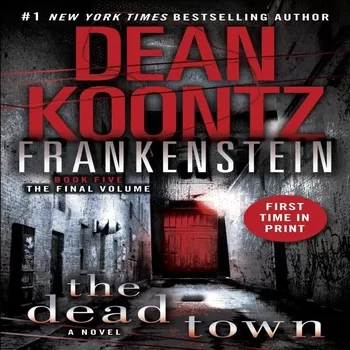
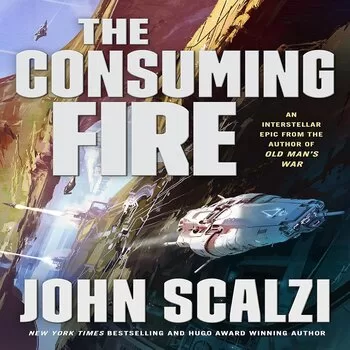
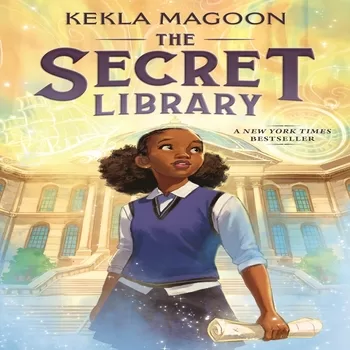
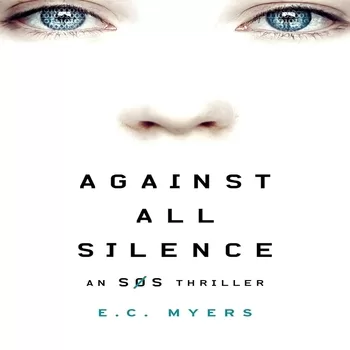
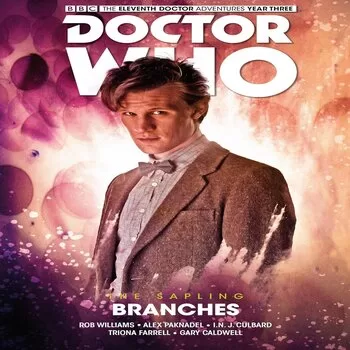
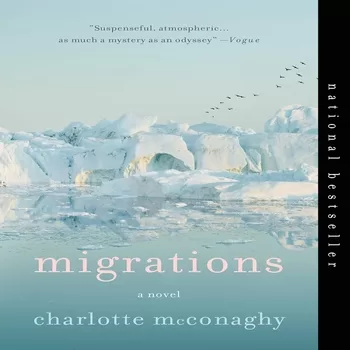
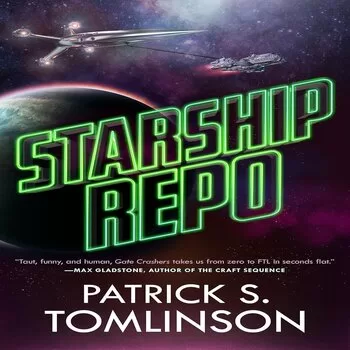
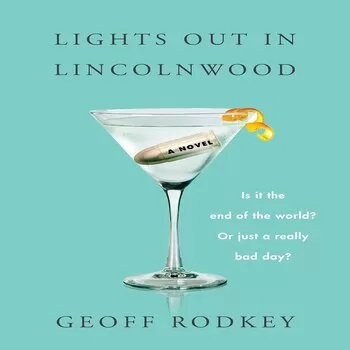
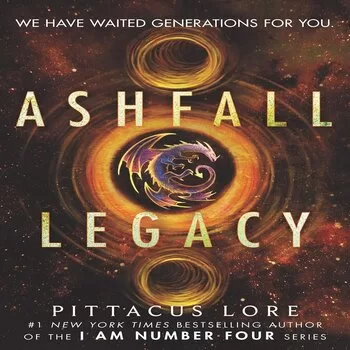









































































































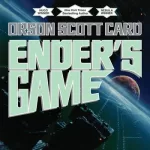
Reviews
There are no reviews yet.